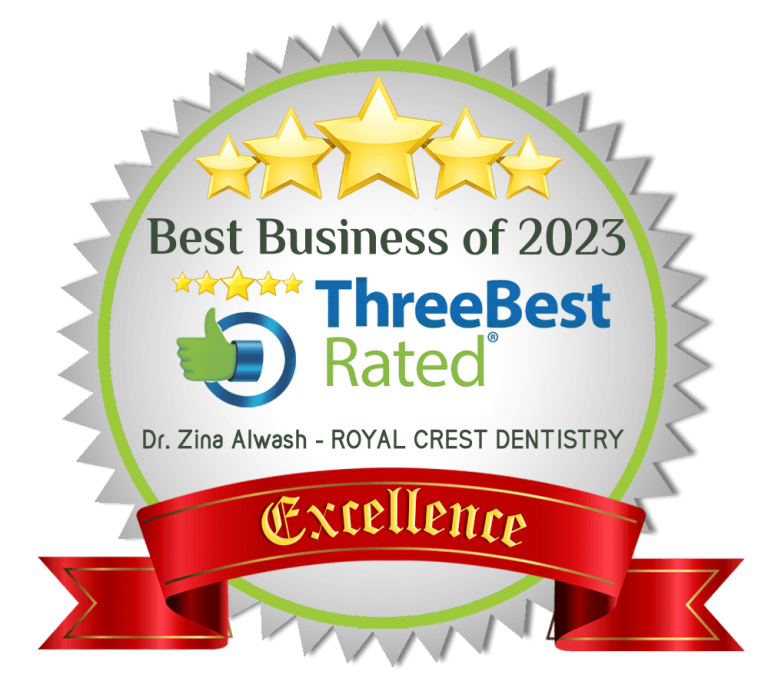
Recognizing Oral Cancer: Symptoms to Watch For
Abnormal cell growth in areas like the mouth, lips, tongue, or throat signifies oral cancer, which, if caught early, often leads to successful outcomes. While individuals over 45 are at a heightened risk, oral cancer screenings are crucial for everyone, especially if you notice symptoms such as:
- Patches of discolouration in the mouth or on the lips, whether white or dark red.
- Unfamiliar lumps, or changes in the mouth’s texture.
- Persistent canker sores, areas of numbness, or ongoing bleeding.
- Altered taste sensations, difficulties with swallowing, or an unusual feeling in the tongue.
Early vigilance is essential for a proactive approach to your oral health.
Certain behaviours and conditions elevate the risk of developing oral cancer. Key risk factors include:
- Use of tobacco products, such as cigarettes, cigars, or chewing tobacco.
- Significant alcohol consumption, particularly when combined with tobacco use.
- Potential infection with the human papillomavirus (HPV) in the oral region.
- High sun exposure, underscoring the importance of a sun-safe lifestyle.
- Suboptimal nutrition or dietary habits.
- A family history suggesting a genetic predisposition to oral cancer.
- Statistically, men face a higher risk of oral cancer than women.
- The presence of leukoplakia, identified by thick, white patches within the mouth.
Awareness and understanding of these risk factors are crucial steps towards prevention and early detection.
Preventive Strategies and Early Detection of Oral Cancer
Customized treatment plans for oral cancer are developed based on the individual’s specific situation, including the cancer’s severity, type, and location.
Early Identification of Cancer Signs
Oral cancer screenings aim to identify cancer or precancerous conditions early. Dentists meticulously examine the inside of the mouth and under the tongue for any red or white patches or unusual sores, feeling for lumps or abnormalities in the mouth’s tissues and externally around the throat and neck.
Diagnosing and Treating Oral Cancer
Upon finding potential signs of oral cancer, further tests like biopsies (removal and examination of suspicious tissue) or imaging (X-rays, ultrasounds, CT scans, MRI) may be recommended. Treatment options, including surgery, chemotherapy, or radiation, are tailored to the individual’s needs.
Preventing Oral Cancer
The following measures can significantly lower your risk of oral cancer:
- Regular dental check-ups for early detection
- Avoiding tobacco products and consuming alcohol in moderation
- Limiting sun exposure and using UV-protective lip balms
- Maintaining a healthy diet rich in fruits and vegetables
- Self-monitoring your mouth for any changes or symptoms, promptly discussing any concerns with your dentist
By embracing these preventive steps, you contribute to safeguarding your oral health against cancer.
Contact us today
to schedule an initial consultation & exam.
Your consultation will include an examination of everything from your teeth, gums and soft tissues to the shape and condition of your bite. Generally, we want to see how your whole mouth looks and functions. Before we plan your treatment we want to know everything about the health and aesthetic of your smile, and, most importantly, what you want to achieve so we can help you get there.

Winner Of The Three Best Rated Award
Dr. Alwash is the winner of the 3 Best Rated award for Best Dentists in Markham.
Frequently Asked Questions
Yes, if you exhibit any risk factors or symptoms associated with oral cancer, such as unusual patches or lumps in your mouth, it’s advisable to request an oral cancer screening during your dental visit. Identifying concerns early can lead to more effective treatment.
Begin with clean hands and, in front of a mirror, inspect the entire mouth. Lift your lips to examine the front and back, use gauze to hold and check your tongue’s sides and bottom, and feel along your gums and the inside of your cheeks for any abnormalities. Pay attention to changes in colour, the presence of lumps, or any unusual textures. Report sores that haven’t healed within two weeks to your dentist.
Early-stage mouth cancer might manifest as small, often painless spots or patches that could be red, white, grey, or yellow with distinct edges. These can appear on any area within the mouth including the lips, gums, cheeks, tongue, or roof of the mouth. Any unusual appearance or sensation should prompt a professional evaluation.
Dentists conduct a thorough examination of your mouth, including the lips, cheeks, gums, and all sides of your tongue, looking for any signs of abnormality. They also assess the texture and presence of any lumps in your mouth and extend the examination to include your face, jaw, throat, and neck for any external signs of cancer.
What Our Patients Are Saying
No More Dental Phobia
Cleaning and Checkups During COVID-19
Don't Be Afraid To Come To The Practice

